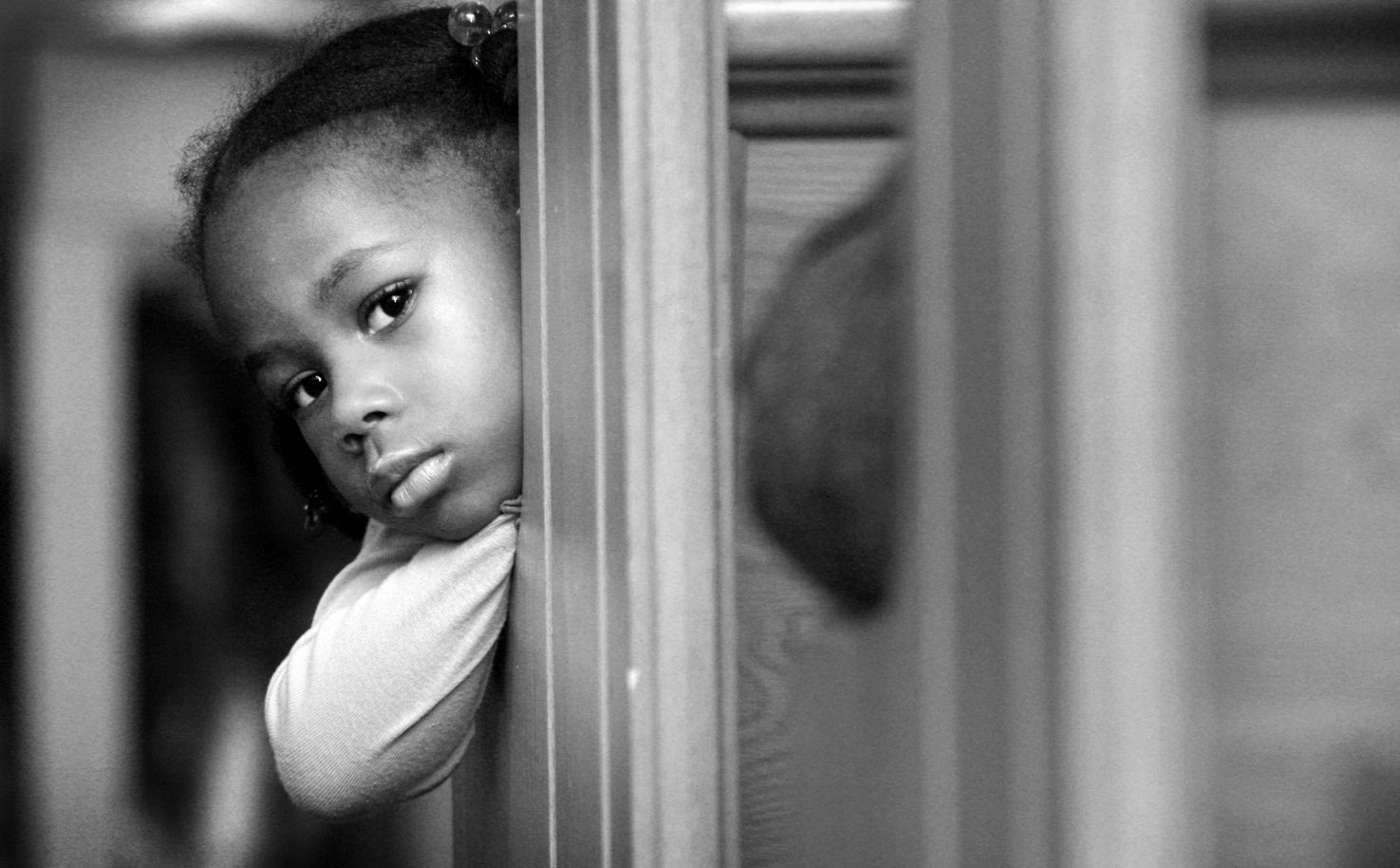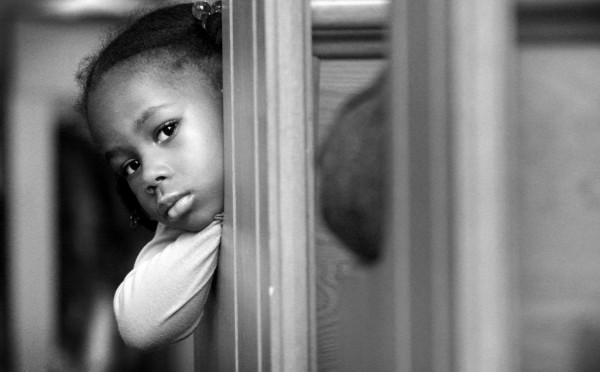Baby Honey died yesterday. “Baby Honey,” an apparent misnomer, as she was the sovereign grown-up and her temperament was not an easy and recognizable sweet. Baby Honey was a strong, old-fashioned, hat-wearing, proper, church-going, God-loving woman. And yet, as I mine memory, I realize that her name is indeed fitting, for thoughts of Baby Honey are inseparable from the sweet, verdant scent of Easter Sunday.
I know little of Baby Honey’s personal life (it takes effort even to recall her birth name), as there was clear separation between grown-ups and children, no blurring of shared intimacies. Baby Honey lived to be an octogenarian. She did not marry nor have children. She was tall and classically stern, her voice rich, deep, definitive, a contralto commandant. I last saw Baby Honey six years ago when she visited to attend my grandmother’s funeral. She was unchanged. Unchanged in the way that those who were old when we were children always look the same, accorded constant countenance via the film of childhood memory. I greeted her with a hug and inquired about her trip, her health, the weather, all questions and answers peppered generously with “ma’am” and “please” and “thank you.”
All was well until my nine-year old niece, Kya, entered the lioness’s den and generations collided. I introduced Kya to Baby Honey. Baby Honey asked her a question, to which Kya answered with a swear, “Yeah.” With amazing grace, Baby Honey started back, placed hand over heart, internally calling upon her God to grant her restraint while in His House. Composure collected, Baby Honey expelled my niece from her childhood nirvana. She leaned down, all the better to see my dear niece, and through locked teeth, Baby Honey said in monosyllables, punctuated by full stops, “You. Say. ‘Yes.’ ‘Ma’am.’” My niece’s already big black eyes swelled to supermoon size. She stepped back, maybe calling on her God to give her strength, and managed to utter a weak, “Yes, ma’am.” With that, Baby Honey shook her head, in attempt to loosen the younger generation’s rude ways from both her own mind and that of my niece’s. Then, Baby Honey sauntered off.
***
Baby Honey and other hat-wearing church sisters, my grandmother included, are the source of my primness. Southern Baptist churches have a reputation for being thundering and theatrical. Not ours. Our church women were old, the mothers of grown children who had fled for city life. Other church-goers in town referred to us as “that dry church.” Aside from an occasional cough or the swish of R&J Funeral Home paper fans on hot, summer days, our congregation was that of silent listeners. I imagine our church as the birthplace of the saying, “so quiet you could hear a pin drop,” with exhausted metal hairpins dropping their duty and clinking onto waxed, pine pews. I learned that quiet is not synonymous with weakness. These serious and proper women harnessed and directed their power. These women made sure that all was well, children safe, families with enough to eat, the definition of family extended to whole community rather than bounded to a single street address. These women built a church and built a school. These were practical women, their practicality allowing me the later luxury of fancy and fantasy.
Even as a child, I knew that I was not the same as the women of my church. They loved a God in whom I could not believe, though I longed for their blessed assurance. Their traditional ways did not call to me, I was drawn to newness and weirdness and unreality. While my nature is that of the bohemian, these women imparted a haven for my restless spirit. “Thank you” and “please” and “sit up straight” and “walk with your shoulders back, head held high,” these seeming trivialities carry mystical power. Just as the wearing of a well-tailored suit elevates a man’s self-esteem, so the teachings from my youth have clothed me in poise and grace, even in the midst of my personal Shakespearean tragedies.
The romantic in me is drawn toward the human attempt at authentic expression. These women were not playing at being prim and proper, that is who they were. They were serious women, but serious and loving are not mutually exclusive. I love the church women and harbor no animosity nor pent-up rage over their shepherding of me; even as a teenager, I had no inclination toward rebellion. I miss Baby Honey and the others. I miss the innocence of those days, when lie was a curse word, when black patent mary janes were my delight, and when the biggest adult drama to which children were privy is that Mr. Curtis may have chipped a tooth while biting into one of Ms. Ester’s cinder block rolls. I miss the structure and comfort of their clear expectations, my success in being able to meet those expectations. Yes, I can recite my Sunday Bible verse from heart, no cheat sheet allowed. Yes, I can walk the fruit basket to Ms. Mattie’s house. Yes, I can sit up straight and attentive during Reverend Stillman’s ninety minute sermon, warning of the damnation certain to come from Saturday night drinking and dancing.
I miss their devotion, their steadfastness, their thereness. I miss their attentiveness and care, their belief in me, their knowing that I have the capacity for goodness. Toni Morrison said in an interview with Oprah Winfrey,
It’s interesting to see when a kid walks into the room, your child or anybody else’s child. Does your face light up? That’s what they’re looking for. When my children used to walk in the room when they were little, I looked at them to see if they had buckled their trousers or if their hair was combed or their socks were up…
You think your affection and your deep love is on display because you’re caring for them. It’s not. When they see you, they see the critical face. What’s wrong now? Let your face speak what’s in your heart, because when they walked into the room, I was glad to see them. It’s just as small as that, you see?
Somehow, the church women worked the miracle of looking us over while adorned with semi-smiles, eyes alight, a constellation of true believers. We were their purpose and their pleasure. And, we knew it. But what now? I fear that the ways of the church women will vanish from this plane as almost all of them have relinquished asphalt in favor of streets of pure gold.
I am not built of the stuff to correct others’ posture and grammar. I cannot recite Bible passages on command (though the old hymns are mine forever). I am easy and informal with children. I neither advise nor direct. Yet, I have inherited their gift of vision. I can see through pretenses and scars and ugliness to the wholeness and potential in others, and I can reflect their goodness and competence back to them.
Yes, Baby Honey, I can carry on the message.

